Deputy Vuong Thi Huong ( Tuyen Quang ) gave her opinion to perfect each sentence, creating convenience in implementation. According to the Deputy, the draft law's inclusion of the two terms "mobilization" and "rotation" will cause confusion between two different human resource management mechanisms, leading to difficulties in application in practice, especially regarding salary regimes, insurance, or legal responsibility when terminating contracts.
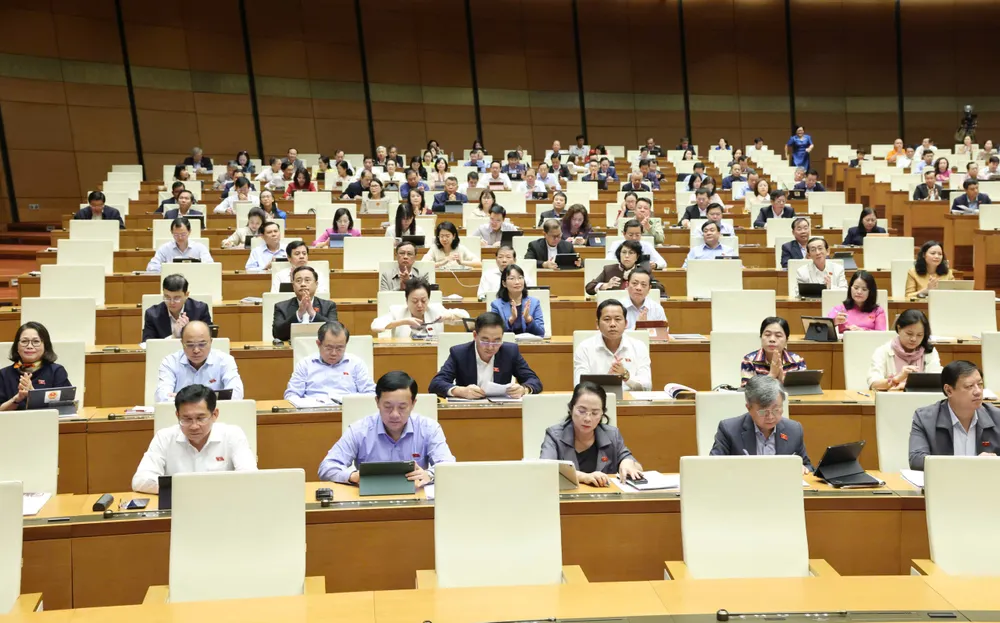
Deputy Vuong Thi Huong also said that the draft has a provision that "officials can refuse to perform work if they believe that the work is against the regulations". Putting the word "believes" into the law is subjective to the official. Officials are often in an enforcement position, and assessing a task as "illegal" sometimes exceeds their professional judgment or lacks a clear legal basis. If there is no clear regulation, there may be a situation where officials abuse their right to refuse to avoid their duties.
Therefore, she proposed to regulate that when an assigned job or task shows signs of being contrary to the provisions of law, the civil servant has the right to report in writing, clearly stating the basis to the person assigning the task and the head of the public service unit. While waiting for the conclusion, the civil servant is allowed to temporarily suspend the performance of the task within the scope of not causing serious consequences; if the head requests in writing, the civil servant must comply but is not legally responsible if there are consequences.
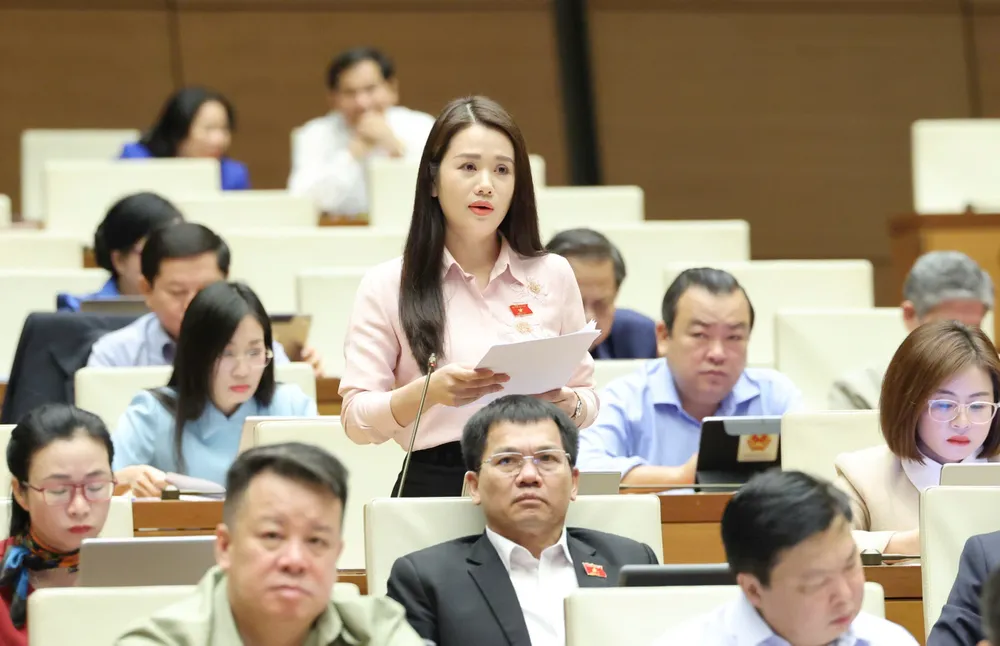
Citing the four levels of civil servant quality classification proposed in the draft law, Deputy Vuong Thi Huong said that adding the phrase "not meeting task requirements" is not really reasonable and does not have a clear legal basis.
Delegate Nguyen Thi Viet Nga (Hai Phong) expressed her opinion that the draft law has a very new provision, which is to allow civil servants to contribute capital, participate in the management and operation of enterprises, cooperatives, hospitals, educational institutions, non-public scientific research organizations, etc. According to the Delegate, this is a provision that creates opportunities for civil servants to exploit and promote their capacity, encourages the use of each individual's capacity to contribute to society, and takes advantage of the intelligence and expertise of civil servants in the private sector.
However, according to Deputy Nguyen Thi Viet Nga, in parallel with the expansion of this right, it is necessary to tighten regulations on the mechanism of controlling and preventing corruption. Because, this regulation may potentially contain some risks such as conflicts of interest between positions in the public sector and the private sector, leading to the abuse of positions in the public sector to benefit the unit one manages in the private sector.
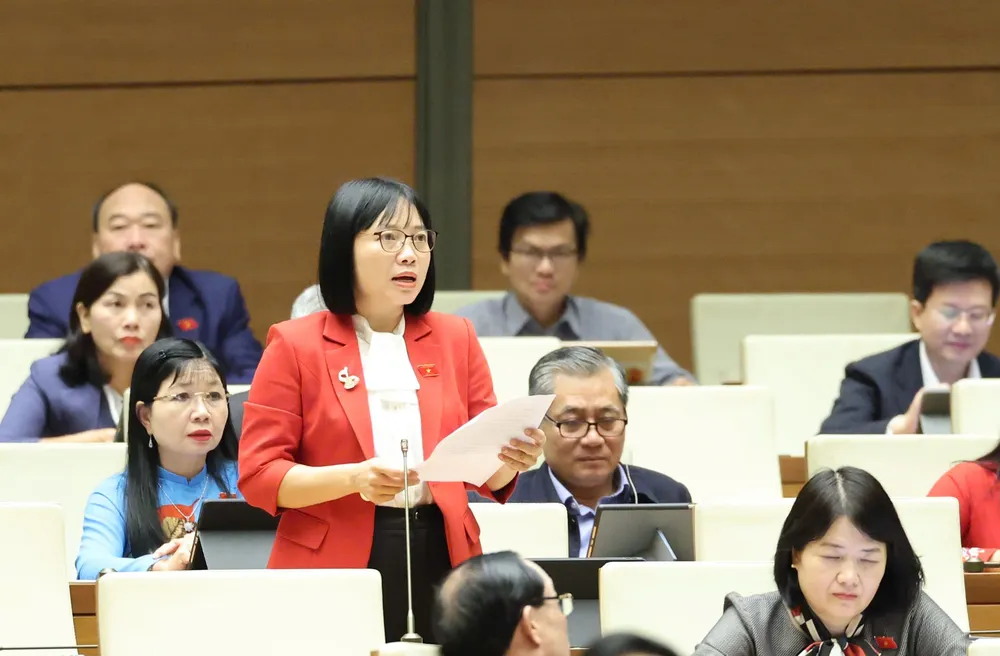
Therefore, the female delegate proposed that there should be regulations not allowing management officials to participate in the management and operation of private businesses and activities in the same field in which they are working; and regulations on the mechanism for declaration, transparency, supervision and accountability of capital contribution and management participation of officials in the private sector (especially for management officials).
Delegate Nguyen Thi Viet Nga is also concerned about the regulations on employment contracts for civil servants. According to her, if the draft stipulates that “an employment contract is a written agreement between a civil servant or a recruit and the head of a public service unit…”, it is not appropriate.
According to the delegate, the employment contract of civil servants is not like the normal labor contracts. It is a contract but of an administrative nature, in which one party signs the contract on behalf of the State, the other party signs the contract on compliance with the standards, conditions, salary, regime, and job position according to the State's own regulations.
“Saying “agreement” in the employment contract of civil servants is not true to its nature, easily causes misunderstandings and loses the specificity of the employment contract of the public sector. I propose not to stipulate “the employment contract is an agreement” as in the draft,” said Deputy Nguyen Thi Viet Nga.
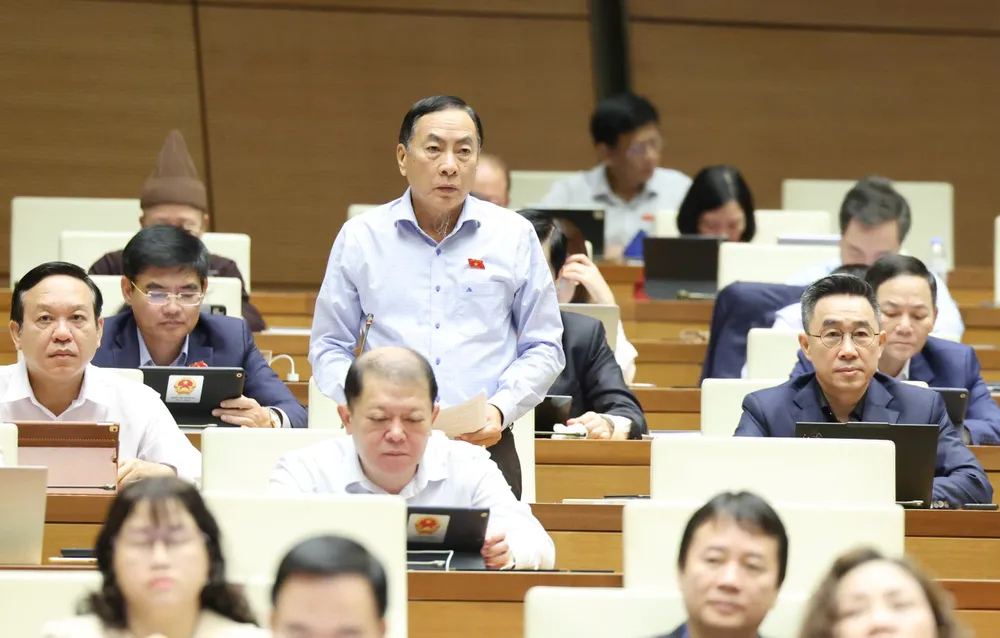
Sharing the same view, Deputy Pham Van Hoa (Dong Thap) strongly agrees with the regulation that civil servants have the right to sign contracts for overtime work. However, according to him, if heads of public service units are allowed to sign contracts for work outside the same field, it will not be objective in management.
The delegate proposed that only officials and deputies of heads be allowed to sign work contracts outside of their main duties, but heads of public service units are not allowed.
According to Deputy Pham Van Hoa, if a public servant who is the head of a public service unit wants to work outside the organization, he or she should quit and work outside the organization. He or she cannot be a leader in a state agency and also a director or manager for a unit outside the same industry; this can easily lead to conflicts of interest, self-interest, and affect fairness in management.
Source: https://www.sggp.org.vn/de-xuat-kiem-soat-quyen-cua-vien-chuc-khi-duoc-gop-von-dieu-hanh-doanh-nghiep-post823205.html






![[Photo] The "scars" of Da Nang's mountains and forests after storms and floods](https://vphoto.vietnam.vn/thumb/1200x675/vietnam/resource/IMAGE/2025/11/13/1762996564834_sl8-jpg.webp)
![[Photo] General Secretary To Lam visits Long Thanh International Airport Project](https://vphoto.vietnam.vn/thumb/1200x675/vietnam/resource/IMAGE/2025/11/13/1763008564398_vna-potal-tong-bi-thu-to-lam-tham-du-an-cang-hang-khong-quoc-te-long-thanh-8404600-1261-jpg.webp)






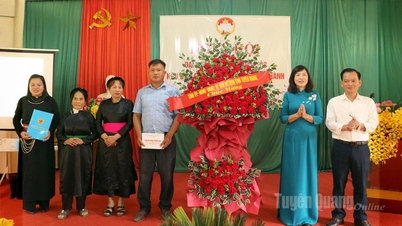

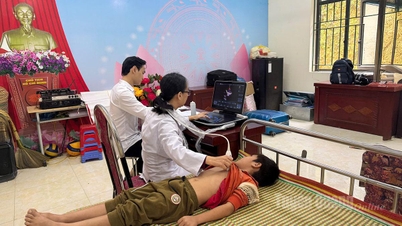




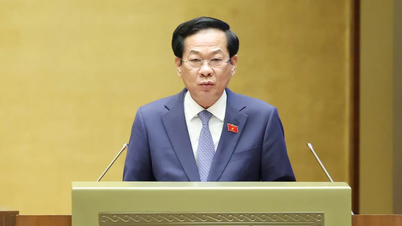
















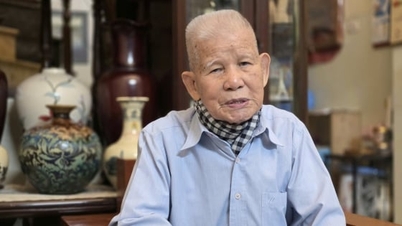







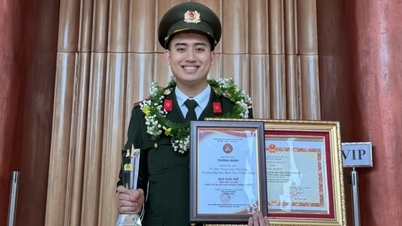

















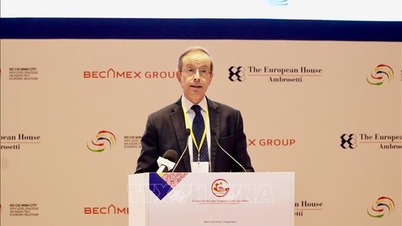


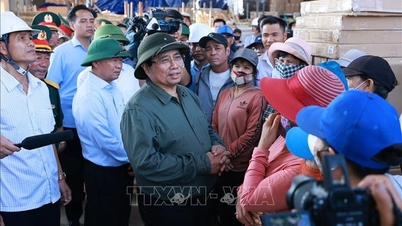






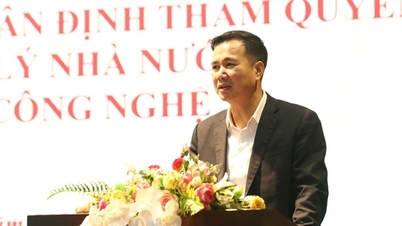


















![Dong Nai OCOP transition: [Article 3] Linking tourism with OCOP product consumption](https://vphoto.vietnam.vn/thumb/402x226/vietnam/resource/IMAGE/2025/11/10/1762739199309_1324-2740-7_n-162543_981.jpeg)







Comment (0)